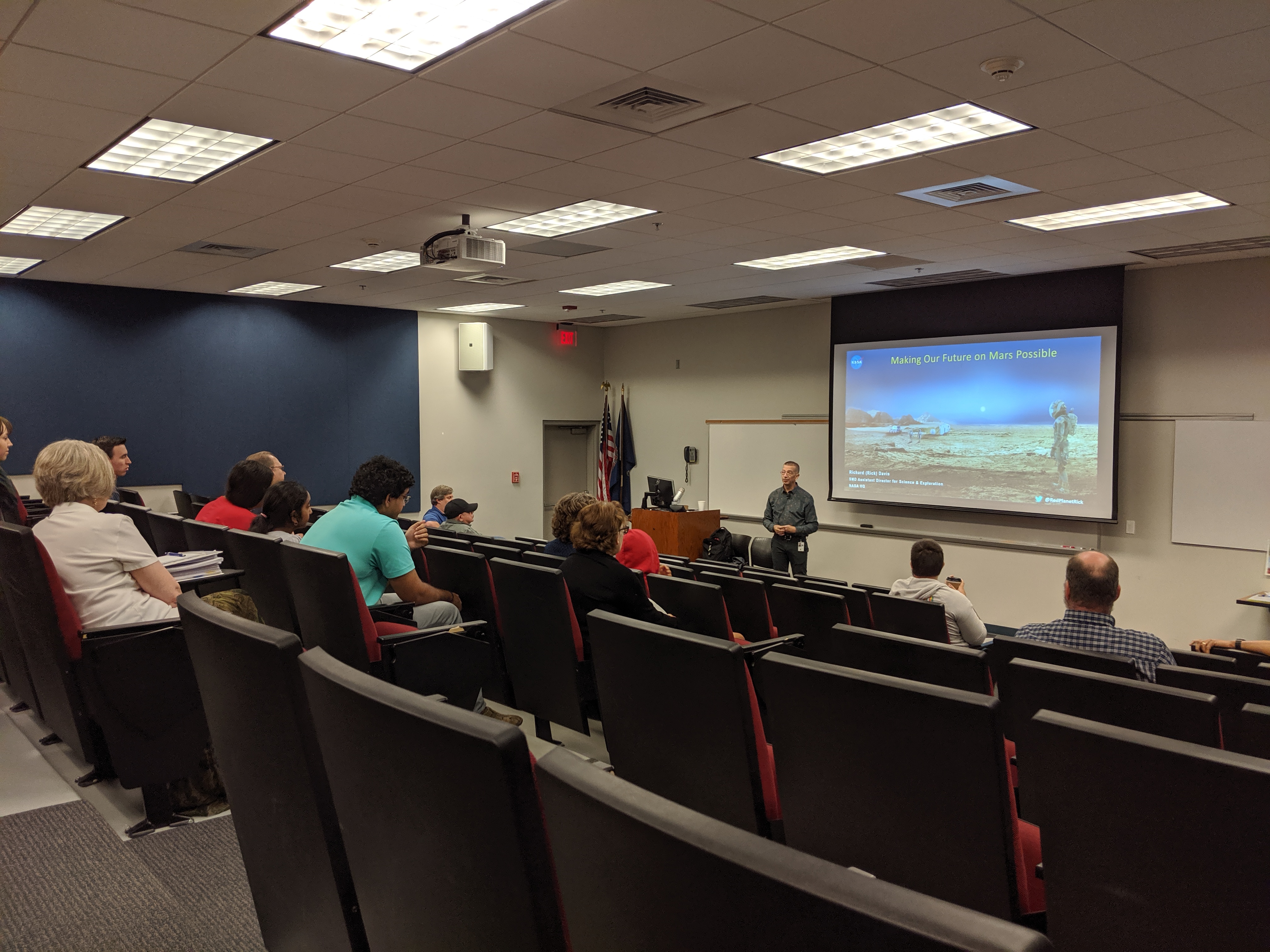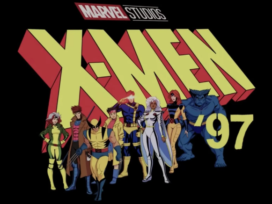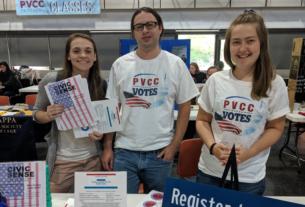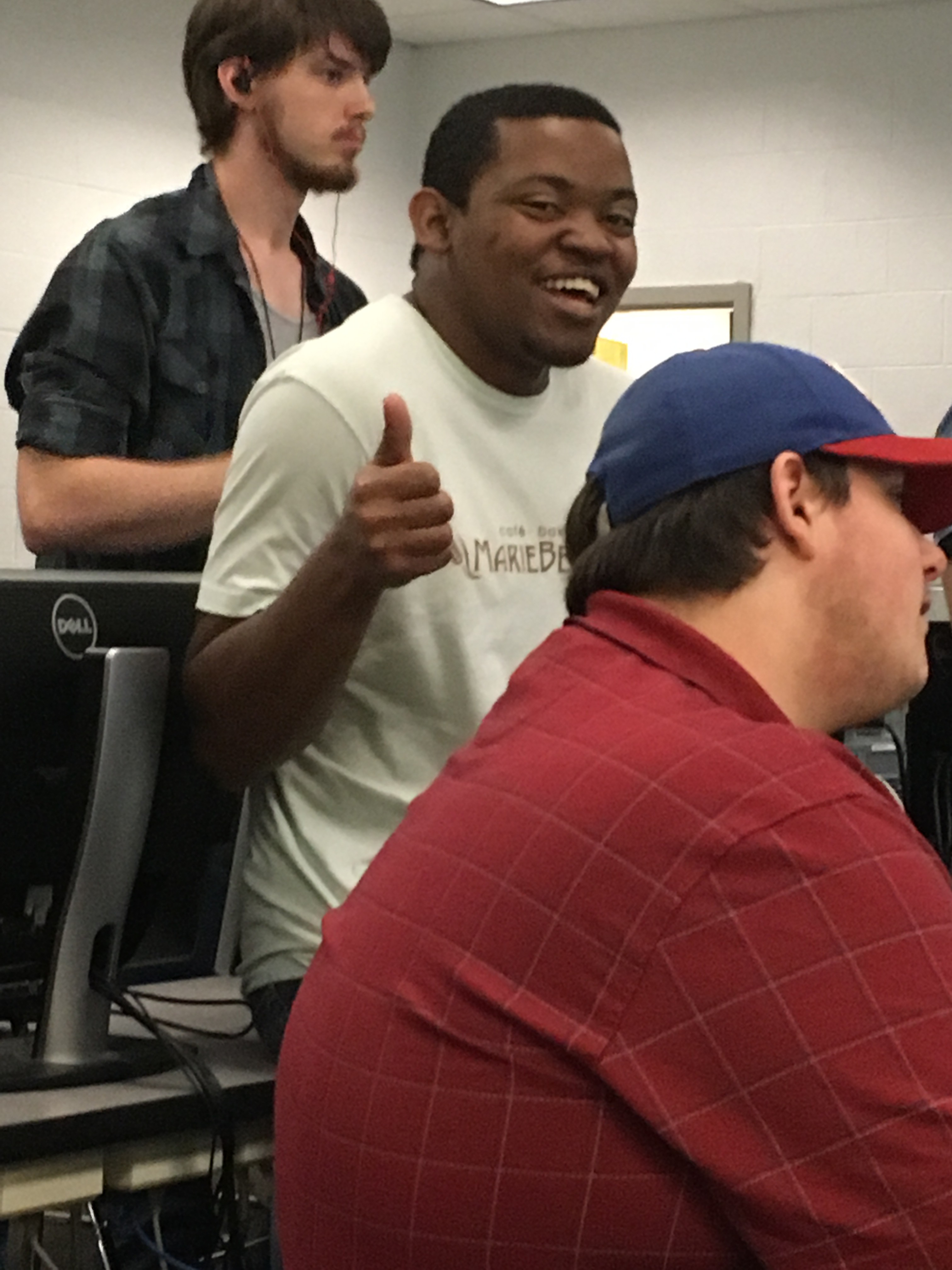
NASA Assistant Director Returns to PVCC
Rick Davis, PVCC alumnus and assistant director of science and exploration at NASA, spoke to an Intro to Engineering class, at 10 a.m. in M833, and the broader PVCC community, at noon in M229, in two talks on Sept. 23 to over 45 community members.
Davis started his first talk with how he went to UVA and got a bachelor’s of history, but after getting some post-college experience, he came back to PVCC to build foundational skills in math and engineering. He then went back to UVA to study aerospace engineering.
He went on the talk about his early career teaching astronauts at NASA, his three and a half years working in Russia with our international partners in space exploration. Davis talked about how his joint background in history and engineering led him to his current position.
In his presentation, Davis spoke about paradigms. He pointed out how Mars may look like Jorden but it is much more comparable to the peak of K2, in the Himalayas. He talked about how, as humans, we have gone on many exploratory missions that took three years, but a mission to Mars would be unlike any other.
He addressed the challenges presented by Mars, such as weather that we cannot yet predict and high levels of radiation in space and on the Martian surface. He talked about how people on the frontiers of our extraterrestrial exploration need privacy, comfort, relaxation, and compatible crewmates to handle the extreme stress of such unfamiliar environments.
Davis advised the students in the audience to “screw schedule.” He said to take as much time to complete a degree because taking time to work and make connections is more valuable than entering the workforce with a degree more quickly.
He advised students to “ask for 45 minutes.” He suggested creating a list of interesting people in the area which you are interested in working, researching them so you have worthwhile questions to ask, then ask them for 45 minutes to talk. He said that those 45 minutes often turn into an hour and a half, but if you ask for an hour of someone’s time they will typically turn you down. He said to end those conversations with two questions; “what else should I do?” and “who else should I talk to?”







